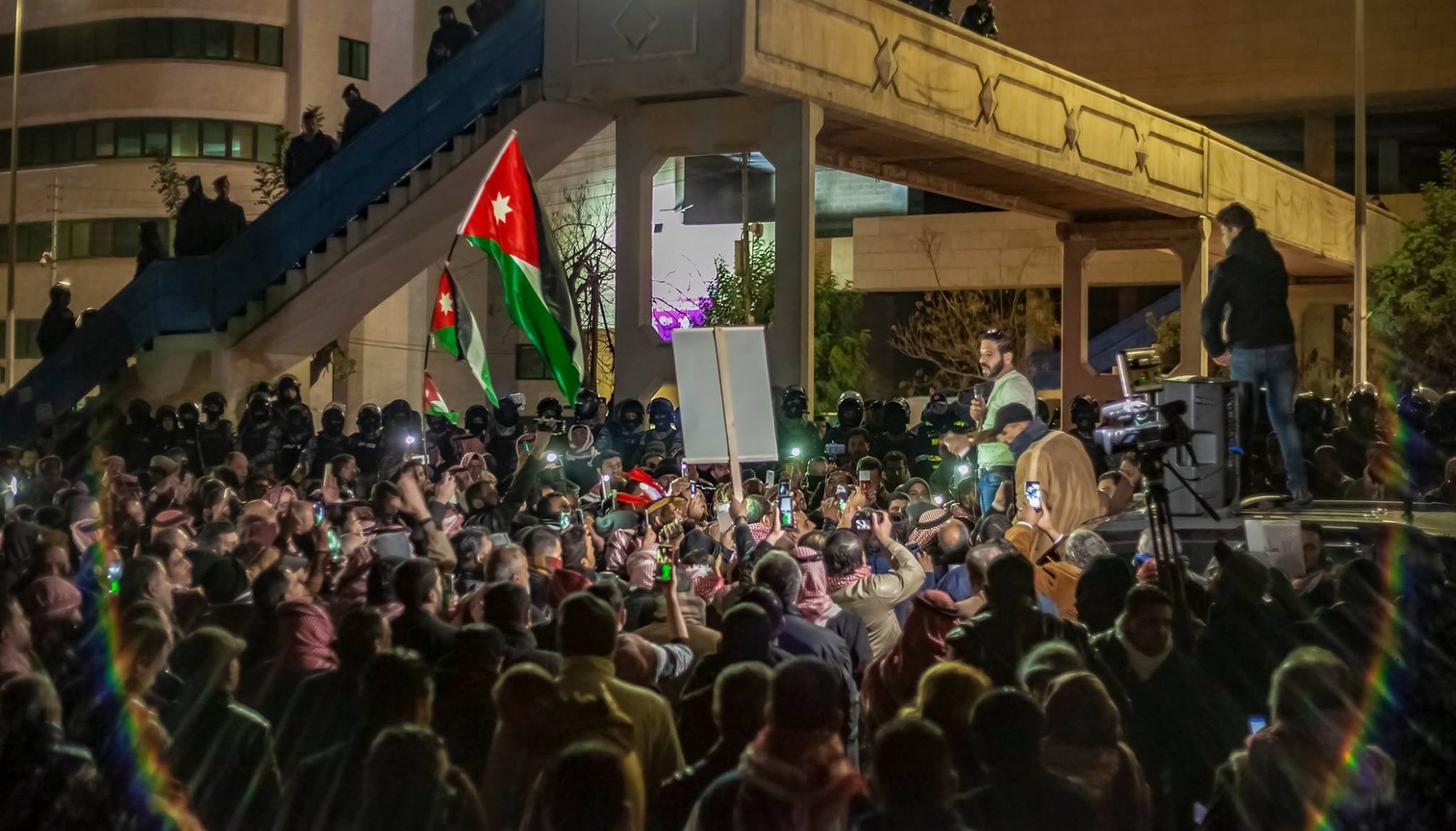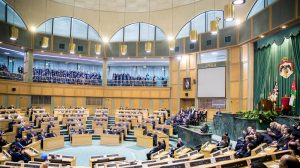By Reem AlMasri
In the past two years, Jordan has been producing laws that stifle rights to freedom of expression and access to information, and that contradict the state’s aspiration of making Jordan the hub of ICT industries and startups in the region. While the 2012 amendments on Press and Publication Law weren’t the beginning of legal restrictions on online speech, they were the biggest slap to an open internet and human rights. The law requires the licensing of electronic websites that “publish content about Jordan”, and incriminates editors of chief for posted comments, which led to the blocking of 300 websites in June 2013. Then, in May 2014, came the Anti-terrorism Law to incriminate any digital expression of support for “terrorist groups”, with language lost in vague definitions of what constitutes “support” and “terrorism”. The latest addition to this limiting legislative framework, is the current proposed amendment to the Telecom Law, currently waiting to be discussed by parliament.
The proposed amendments have a multilayer impact on the user experience and digital creative industries. It starts with the blocking of digital pornographic content. The telecom law orders telecom companies to centrally block pornographic content, despite “safe” internet service packages that these providers offer. The centralization of blocking porn imposes a state of moral custodianship over the Jordanian user, telling him or her what content he or she should or should not access. This decision may also affect access to educational websites that tackle human anatomy or sex education; topics in Jordan about which the internet provides a safe alternative resource for otherwise inaccessible information .
The law grants the TRC the right to persecution and issuing penalties, in addition to a legislative role of issuing regulations and determining penalties for violations, part of the TRC income stream.
What is also alarming is that the Telecommunication Regulatory Commission (TRC) is in charge of issuing a blocking order against any “violating” content. In a country that already practices censorship over print publications and movies for “immoral” and “unethical” references that violate “public code”, the definition of “violating content” is destined to be subject to the administrative interpretation of the TRC. What adds salt to the injur, is that the proposed amendments give telecom companies the authority to suspend internet service if the user found his or her way to what is considered “immoral” content. Otherwise, the internet provider will be penalized.
Red flags continue to pop up: proposed amendments allow “specialized authorities” to obtain access to users’ information with a court order. While a court order for obtaining information may sound compatible with protecting the right to privacy, in Jordan many executive entities have a judicial authority that can issue warrants, including the intelligence, the governor, and the police department.
These are not the only red flags; the law contains a major violation of the constitutional principle of governance: separation of the legislative and judicial authorities. The law grants the TRC the right to persecution and issuing penalties, in addition to a legislative role of issuing regulations and determining penalties for violations, part of the TRC income stream. It also confuses governance by expanding the jurisdiction of the TRC to regulating visual and audio content, which already has its own regulatory framework and entity in the country.
The law is currently awaiting approval in the Legislative and Opinion Bureau to reach legal formulation. According to the customary lifecycle of law formulation, the Legislative and Opinion Bureau accepted citizens’ comments on the draft until the 8th of May to take into consideration before returning it to the cabinet, which in turn submits it to both houses of Parliament.
7iber produced the following video to explain how the amendments affect the Jordanian user:
Produced and edited by Mohammad Hijazi
Idea and execution by Mohammad Tarakiyee
Illustrations and voice over by Mohammad Al Qaq
Illustrations and design by Hussam Da’anah







